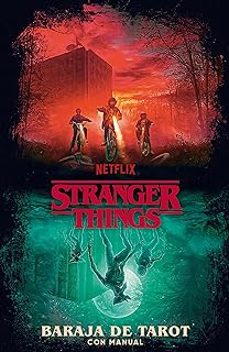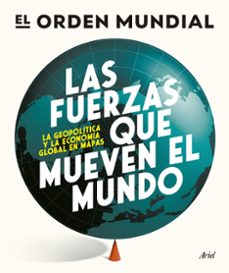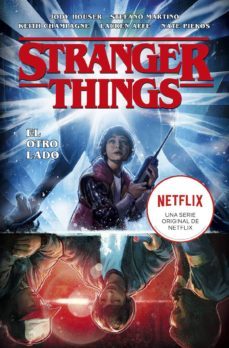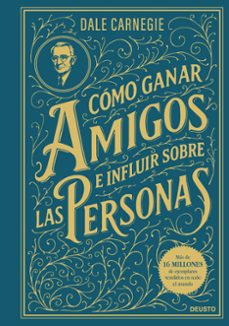📗 Libro en inglés EMOTIONAL
PENGUIN- 9780141990392
Sinopsis de EMOTIONAL
Both a brilliant scholar and a great writer Leonard Mlodinow guides us through the fascinating science of what we feel and why and what we can do about it I learned a lot from this wonderful book Rick HansonWe ve been told we need to master our emotions and think rationally to succeed But cutting edge science shows that feelings are every bit as important to our success as thinking You make hundreds of decisions every day from what to eat for breakfast to how to influence people and not one of them could be made without the essential component of emotion It has long been held that thinking and feeling are separate and opposing forces in our behaviour But as best selling author Leonard Mlodinow tells us extraordinary advances in psychology and neuroscience have proven that emotions are as critical to our well being as thinking How can you connect better with others How can you improve your relationship to frustration fear and anxiety What can you do to live a happier life The answers lie in understanding emotions Taking us on a journey from the labs of pioneering scientists to real world scenarios that have flirted with disaster Mlodinow shows us how our emotions help why they sometimes hurt and what we can make of the difference Cutting edge res
Ficha técnica
Editorial: Penguin
ISBN: 9780141990392
Idioma: Inglés
Número de páginas: 272
Tiempo de lectura:
5h 35m
Encuadernación: Tapa blanda
Fecha de lanzamiento: 05/01/2023
Año de edición: 2023
Especificaciones del producto
Escrito por Leonard Mlodinow
Leonard Mlodinow es doctor en física por la Universidad de California. Fue miembro del claustro del California Institute of Technology y obtuvo una beca de la fundación Alexander von Humboldt en el Instituto Max Planck de Física y Astrofísica en Múnich. Ha trabajado como guionista de las series de televisión Star Trek: The Next Generation y MacGyver. En Crítica ha publicado El arcoiris de Feynman (2004), El andar del borracho (2008), Subliminal (2013), Las lagartijas no se hacen preguntas (2016), Emocional (2022) y, junto a Stephen Hawking, Brevísima historia del tiempo (2005) y El gran diseño (2012).
Descubre más sobre Leonard Mlodinow Recibe novedades de Leonard Mlodinow directamente en tu email
Opiniones sobre EMOTIONAL
¡Sólo por opinar entras en el sorteo mensual de tres tarjetas regalo valoradas en 20€*!



































